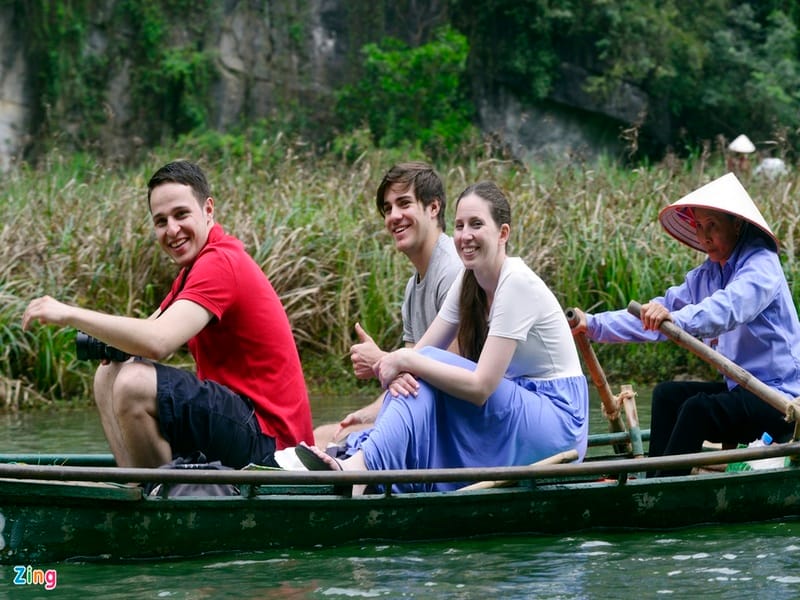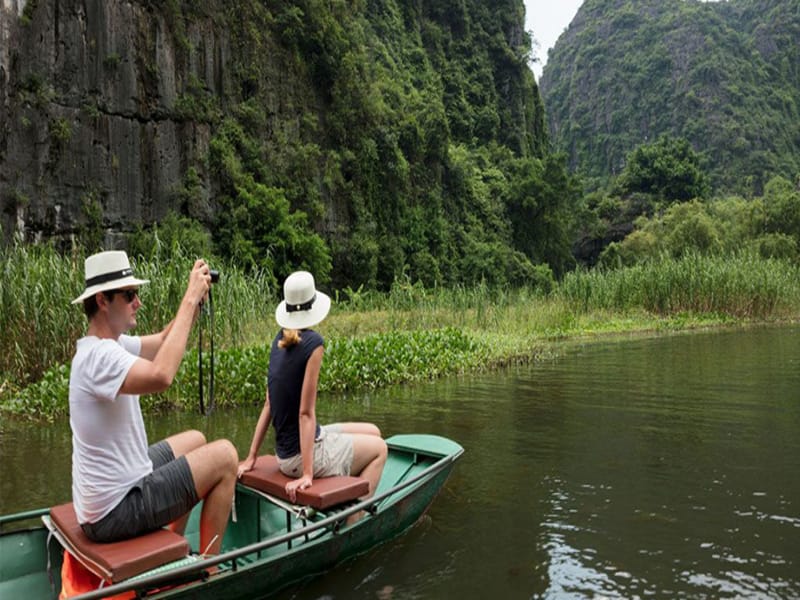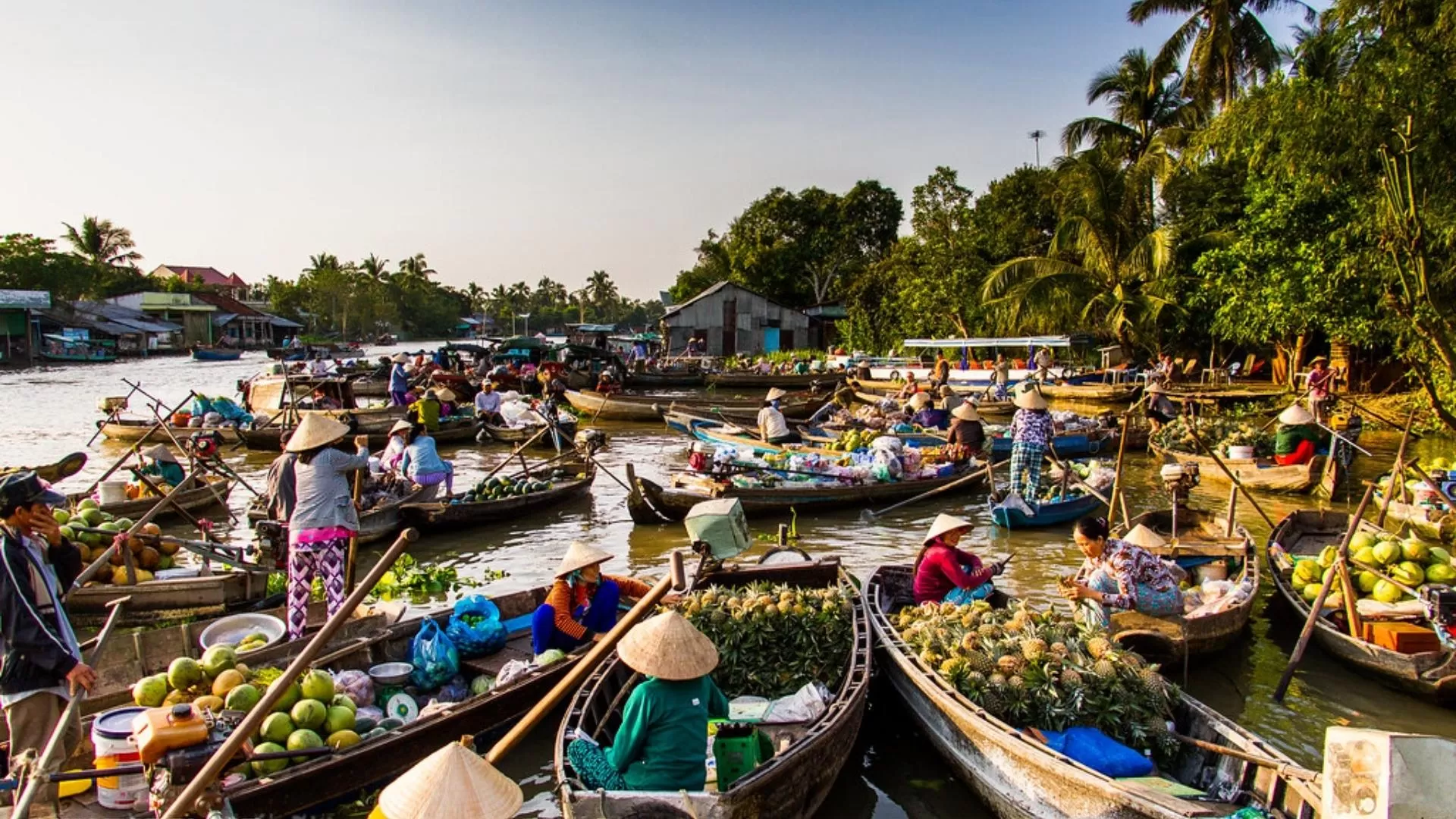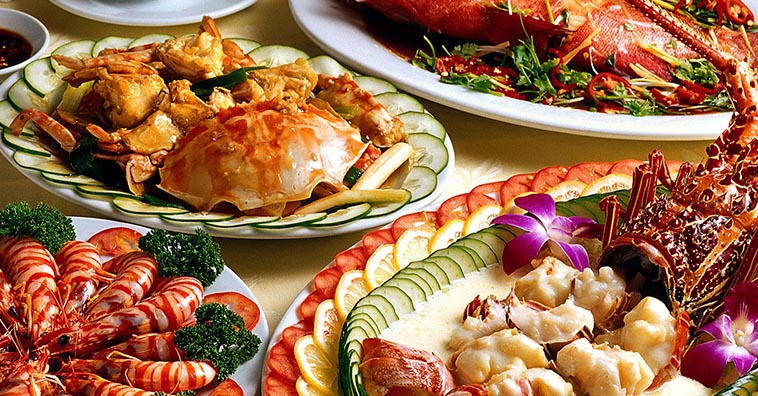Traveling to Da Nang, Vietnam’s coastal gem, offers not only beautiful beaches and delicious cuisine but also a unique cultural experience. While locals are warm and welcoming, understanding the culture will help you connect more deeply and avoid common misunderstandings. Whether you’re visiting for the first time or planning a longer stay, here are 10 essential cultural tips every foreign traveler should know before arriving in Da Nang.
1. Respect for Temples and Sacred Sites
Da Nang is home to spiritual landmarks like Linh Ung Pagoda and Marble Mountains. When visiting temples or pagodas:
-
Dress modestly (cover shoulders and knees)
-
Remove shoes before entering worship areas
-
Avoid pointing feet at Buddha statues
-
Be quiet and respectful inside.
2. Greetings Are Polite and Reserved
Vietnamese people value humility and modesty. A slight bow or nod is common, especially when meeting elders. Handshakes are acceptable, but not always expected—especially between different genders.
Avoid overly enthusiastic greetings like hugging or back-slapping unless invited.
3. Sharing Food Is Part of the Culture
Meals in Da Nang are often shared family-style. Everyone eats from shared dishes, placing food into their own rice bowl. When invited to eat:
-
Wait for the host to begin
-
Use the serving utensils (if available)
-
Offer food to others before serving yourself
4. Crossing the Street Is an Art
Traffic in Da Nang can be hectic, and crosswalks are often symbolic. The trick?
-
Walk slowly and steadily
-
Avoid sudden movements
-
Let motorbikes predict your path and move around you
5. Avoid Public Displays of Affection
While Da Nang is modern and tourist-friendly, public displays of affection like kissing or hugging can be considered inappropriate, especially in rural or religious areas.
A simple hand-hold is usually fine, but anything more should be kept private.
6. Always Show Respect to Elders
Vietnamese society is hierarchical. Age and status matter, and elders are shown special respect. Use polite titles like:
-
Anh / Chị for older people
-
Cô / Chú / Bà / Ông for much older individuals
Offering or receiving items with both hands is also a sign of respect.
7. Learn a Few Basic Vietnamese Phrases
Speaking even a few Vietnamese words can go a long way. Locals appreciate the effort and are more likely to help you.
Useful phrases:
-
Xin chào – Hello
-
Cảm ơn – Thank you
-
Xin lỗi – Sorry
-
Bao nhiêu tiền? – How much?
8. Take Off Shoes Indoors
In most Vietnamese homes (and even some businesses), it’s customary to remove your shoes before entering. Look near the door—if you see shoes lined up, it’s your cue.
Bringing indoor slippers or wearing clean socks is a good idea.
9. Tipping Isn’t Mandatory, But It’s Appreciated
Tipping in Vietnam is not expected, especially in local markets or street stalls. However, a small tip in restaurants, salons, or for drivers is appreciated and often rewarded with a smile.
10. Ask Before Taking Photos of People
Da Nang’s people are photogenic and friendly, but always ask for permission before taking someone’s photo—especially monks, older adults, or children.
Da Nang is a beautiful, welcoming city that blends tradition and modernity. By respecting local customs and understanding Vietnamese culture, you’ll not only avoid awkward situations—you’ll earn the respect and warmth of the local community.






















